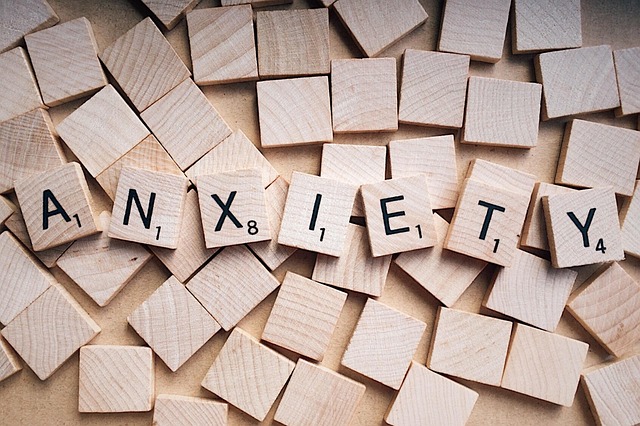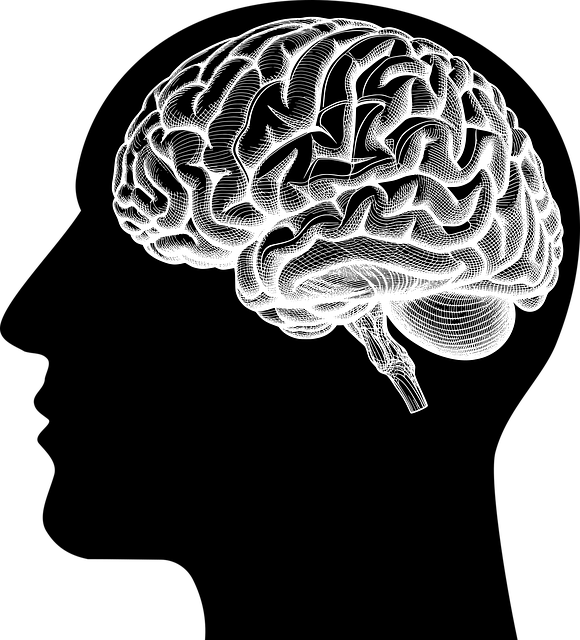Crisis Intervention Teams (CITs) are specialized groups trained to provide immediate mental health support during critical situations, focusing on de-escalating high-risk scenarios and preventing harm. Their training equips them with skills to recognize and respond to various crises, emphasizing early intervention for long-term recovery. Using evidence-based practices like Cognitive-Behavioral Therapy (CBT), mindfulness techniques, and breathing exercises, CITs foster resilience and guide individuals through grounding techniques. Effective programs prioritize strategic planning, community outreach, risk assessment tools, continuous evaluation, and staying current with stress reduction research to refine crisis management outcomes for Superior Panic Disorder and Anxiety Attacks Therapy.
In today’s fast-paced world, crisis intervention teams (CITs) are a vital resource for providing immediate mental health support. This article delves into the critical role of CIT training programs in equipping teams to handle crises effectively. We explore strategies and techniques specifically tailored to address superior panic disorder and anxiety attacks therapy, highlighting best practices and future directions for implementing and evaluating crisis intervention programs.
- Understanding Crisis Intervention Teams: A Vital Resource for Mental Health Support
- The Role of Training in Equipping Teams for Effective Response
- Strategies and Techniques: Addressing Panic Disorder and Anxiety Attacks
- Implementing and Evaluating Crisis Intervention Programs: Best Practices and Future Directions
Understanding Crisis Intervention Teams: A Vital Resource for Mental Health Support

Crisis Intervention Teams (CITs) are a vital resource for providing immediate mental health support during critical situations. These specialized teams, often composed of trained professionals from various disciplines, are designed to offer rapid and effective assistance to individuals experiencing severe emotional distress, including those suffering from panic disorder and anxiety attacks. The primary goal of CITs is to de-escalate high-risk situations and prevent potential harm while connecting individuals with long-term mental health services.
CIT training programs focus on equipping participants with the necessary skills to recognize and respond appropriately to various crises. These programs emphasize the importance of early intervention, as it can significantly impact an individual’s long-term recovery. By integrating evidence-based practices and stress reduction methods, mental health education programs design effective CIT training that prepares team members to handle a range of challenges, from managing acute anxiety episodes to supporting individuals with complex trauma histories. This proactive approach ensures that those in need receive the Superior Panic Disorder and Anxiety Attacks Therapy they deserve, ultimately contributing to improved mental health outcomes within communities.
The Role of Training in Equipping Teams for Effective Response

Training plays a pivotal role in equipping crisis intervention teams with the necessary tools and mindsets to respond effectively during moments of heightened distress. By immersing team members in scenarios mimicking real-life crises, such as panic disorder and anxiety attacks, programs can foster a deep understanding of the emotional landscape these individuals navigate. This hands-on approach allows team members to apply the Mind Over Matter principles, enhancing their ability to offer compassionate yet structured support.
Beyond individual skills, comprehensive training integrates crisis intervention guidance and communication strategies that facilitate seamless teamwork. Participants learn to recognize non-verbal cues, tailor responses, and create a safe space for individuals experiencing severe emotional turmoil. Such preparation is invaluable, as it enables teams to navigate complex situations with empathy and professionalism, ultimately enhancing the effectiveness of Superior Panic Disorder and Anxiety Attacks Therapy.
Strategies and Techniques: Addressing Panic Disorder and Anxiety Attacks

Effective crisis intervention team training programs incorporate specialized strategies and techniques to address panic disorder and anxiety attacks, ensuring superior panic disorder and anxiety attacks therapy. These programs emphasize evidence-based practices that focus on cognitive-behavioral therapies (CBT), mindfulness techniques, and breathing exercises to help individuals manage intense anxiety symptoms. By combining these emotional well-being promotion techniques with mental health education programs design tailored for crisis intervention teams, resilience building becomes a cornerstone of the training.
The ability to recognize and respond appropriately to panic attacks is crucial for promoting positive outcomes. Training emphasizes teaching team members how to create safe spaces and provide supportive environments that encourage individuals experiencing anxiety to gradually face their fears. This involves equipping team members with skills to facilitate relaxation, guide individuals through grounding techniques, and help them develop coping strategies that enhance mental health and overall resilience.
Implementing and Evaluating Crisis Intervention Programs: Best Practices and Future Directions

Implementing crisis intervention programs is a multifaceted process that requires careful planning and execution. Effective programs should integrate best practices grounded in evidence-based methodologies, such as cognitive-behavioral therapy for Superior Panic Disorder and Anxiety Attacks Therapy. A robust Community Outreach Program Implementation can significantly enhance accessibility, ensuring support reaches diverse communities. Risk assessment tools for mental health professionals are crucial to managing potential risks while providing aid.
Future directions in crisis intervention training should emphasize continuous evaluation and adaptation based on participant feedback and evolving research in stress reduction methods. Regular reviews allow programs to refine their approaches, ensuring they remain relevant and impactful. By incorporating these strategies, crisis intervention teams can better prepare for various mental health crises, ultimately improving outcomes and community resilience.
Crisis intervention team training programs are a game-changer in mental health support, offering vital skills for addressing Superior Panic Disorder and Anxiety Attacks. Through comprehensive education on strategies and techniques, these teams become a symphony of effective response, fostering healthier communities. Best practices highlighted here, combined with ongoing research, will ensure crisis intervention programs revolutionize mental health care, providing lasting positive outcomes for those in need.














